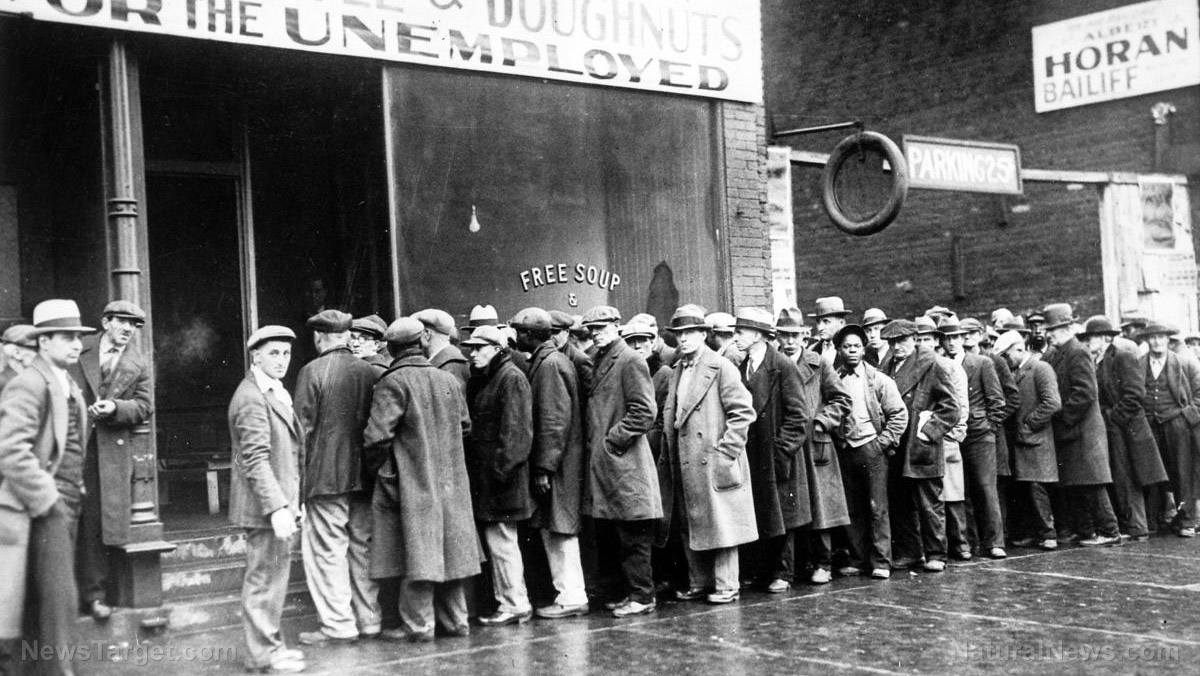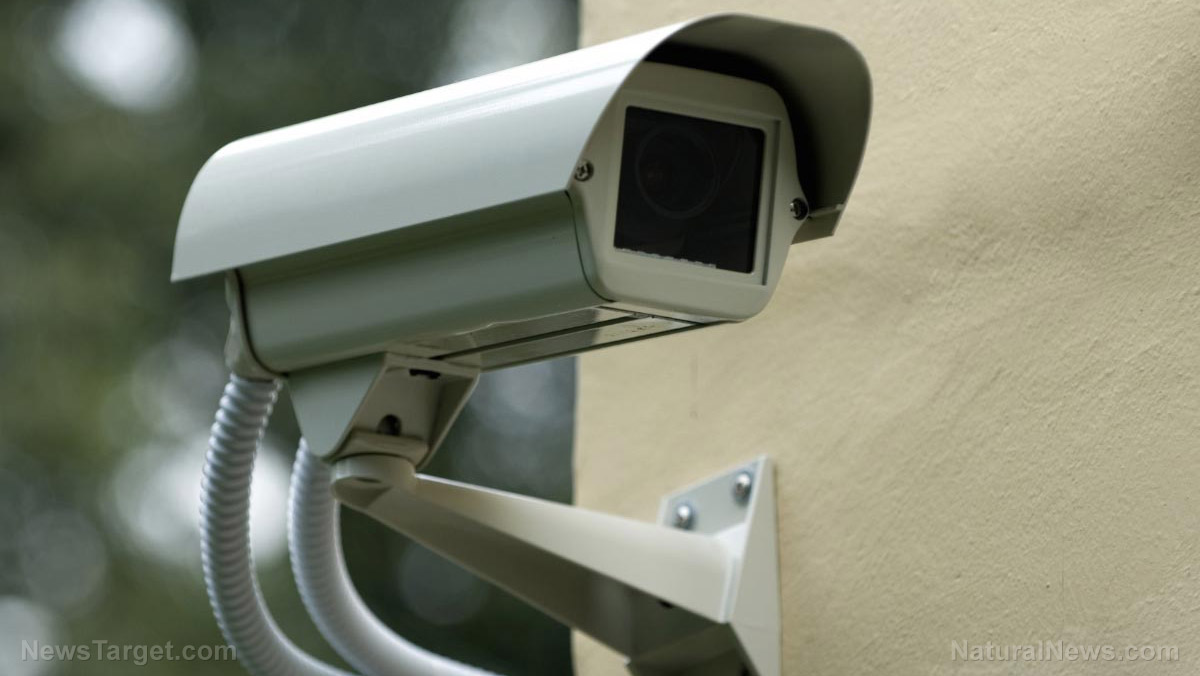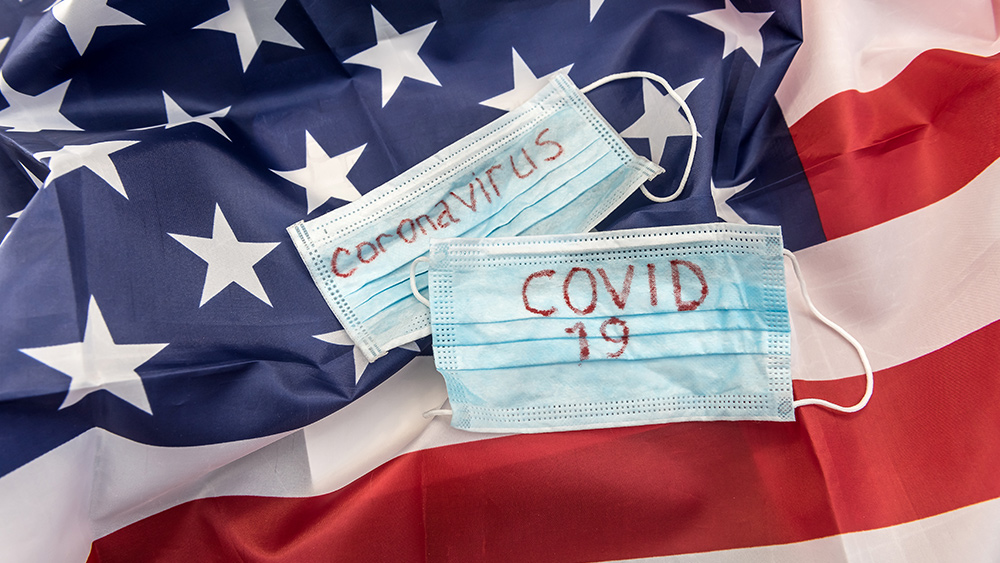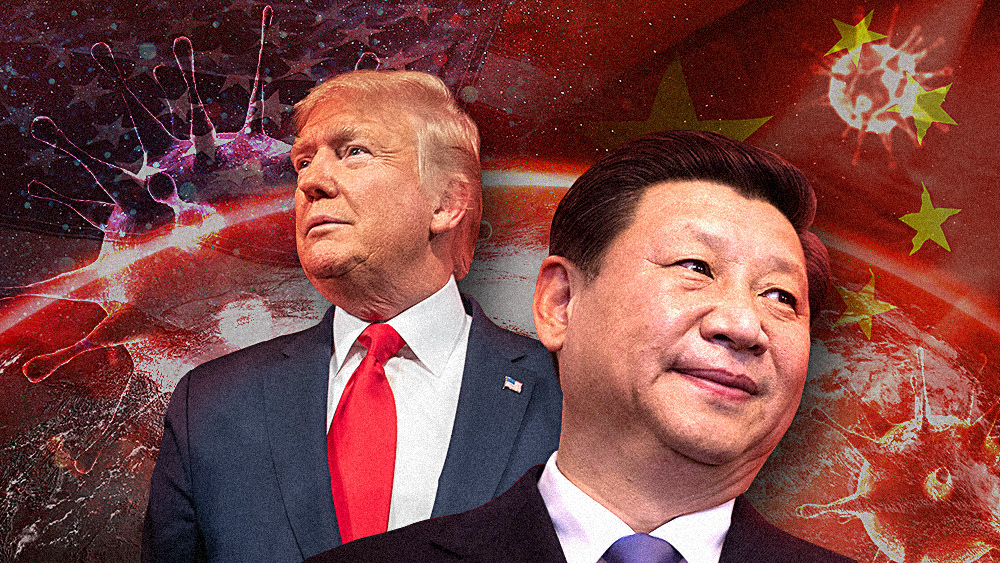Big government fail: Publicly traded companies snagged $1 billion in coronavirus relief funds meant for small businesses
05/04/2020 / By JD Heyes
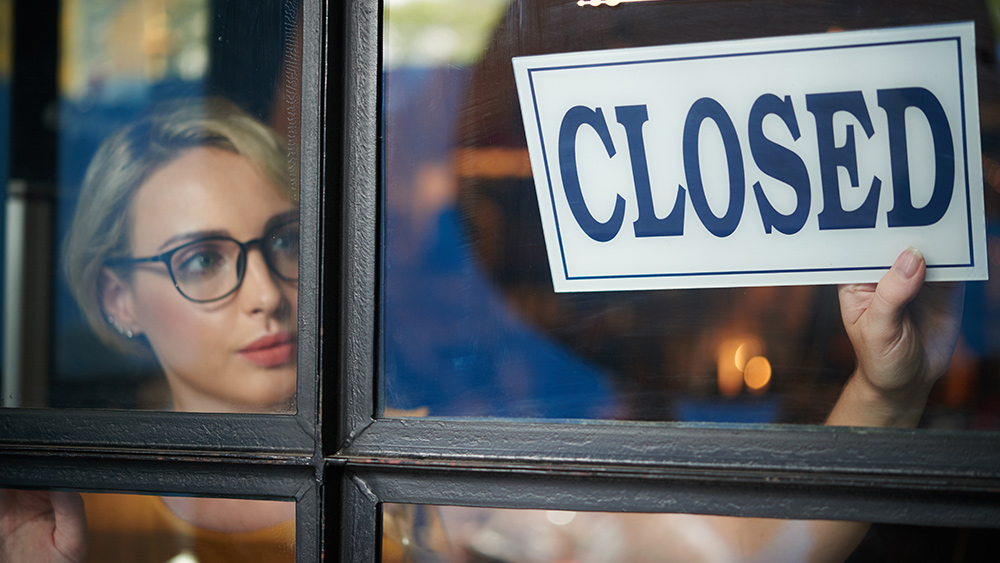
If you ever needed another example of why it’s foolish to rely on big government to ‘solve our problems,’ this should do the trick.
As most readers know, in late March Congress passed a “coronavirus stimulus package” worth some $2.2 trillion, and part of that money was supposed to be spent keeping small businesses afloat that were closed as “non-essential” by governors as part of their ‘stay-at-home’ effort to slow the spread of the Wuhan coronavirus (COVID-19).
The bill, the third coronavirus-related spending bill passed by Congress, provides $367 billion in loans to help small businesses hit hard by the outbreak to keep making payroll, $100 billion for hospitals, and $150 billion for state and local governments. The plan also provides for Americans who make up to $75,000 to receive a one-time payment of $1,200. A $500 billion fund earmarked for corporations that have been economically damaged by the pandemic will be overseen by an inspector general and a congressional panel, in accordance with Democrats’ demands.
As it turns out, the government is a lousy steward of taxpayer funds — again.
The Washington Post reports that publicly traded companies scooped up $1 billion of the funds that were earmarked for small businesses, and while that may not seem like a lot of money when compared to the overall spending package, consider that several small businesses that did not get any funds would not have needed more than $20,000 or so to continue making payroll for their small staff of employees.
And now, those businesses are either on the brink of closure or are permanently shut down, bankrupting owners.
“Nearly 300 public companies have reported received money from the fund, called the Paycheck Protection Program, according to the data compiled by The Post,” the paper noted. “Recipients include 43 companies with more than 500 workers, the maximum typically allowed by the program. Several other recipients were prosperous enough to pay executives $2 million or more.”
Government helicoptering of money to the country is not wise
The initial pool of money — $349 billion — vanished quickly. The Post found that around 80 percent of businesses that applied for loans did not get one because funding ran out so quickly. So, as you can imagine, those business owners were extremely upset when they found out how many public companies did get money when they didn’t need it (and it wasn’t meant for them in the first place).
Treasury Secretary Steve Mnuchin nevertheless proclaimed the program a success, noting that three-quarters of the loans handed out were for under $150,000.
The Post notes that the Trump administration is urging the publicly traded companies that have access to other capital to return the money they got by May 7. Mnuchin added that all loans of more than $2 million are going to be audited and there could be penalties levied against companies that do not comply.
Now, before we blame this big government fail on the Trump administration, let’s recall the last time big government gave out around $1 trillion in ‘relief funds’ and failed — it was at the beginning of President Obama’s regime.
In response to the tanking of the economy as the “Great Recession” began and pushed nationwide unemployment to double digits, Congress passed, and the Obama administration distributed, almost $1 trillion in funding.
The former administration promised the money would keep unemployment below 8 percent but it didn’t; it rose to more than 10 percent. Also, Obama himself said the funds would have an ‘immediate’ impact on job creation, but of course, it didn’t. His pledge of having “shovel-ready projects across the country” simply did not materialize.
And several loans went to “green” companies like Solyndra, only to see those firms go bankrupt.
The fact is, government helicoptering of money to the country is not wise, it’s never efficient, it doesn’t accomplish what was intended to accomplish, and all that happens is the debt our kids and their kids will have to pay off gets bigger.
Sources include:
Tagged Under: bailout money, big government, Bubble, Collapse, Congress, coronavirus relief package, corruption, covid-19, inefficient, Obama Administration, public companies, risk, small businesses, spending, Steve Mnuchin, Trump administration, waste, Wuhan coronavirus
RECENT NEWS & ARTICLES
COPYRIGHT © 2017 CHAOS NEWS

